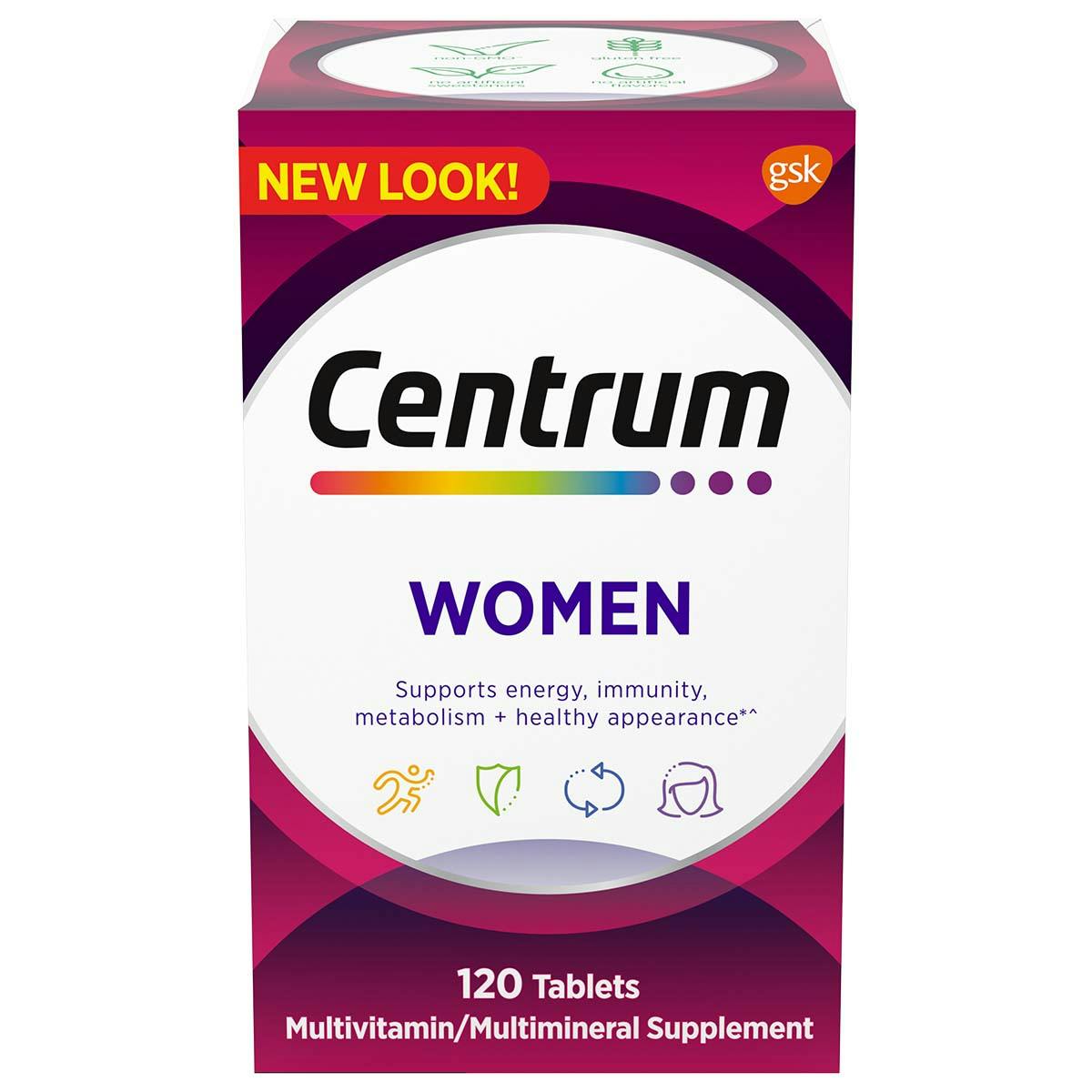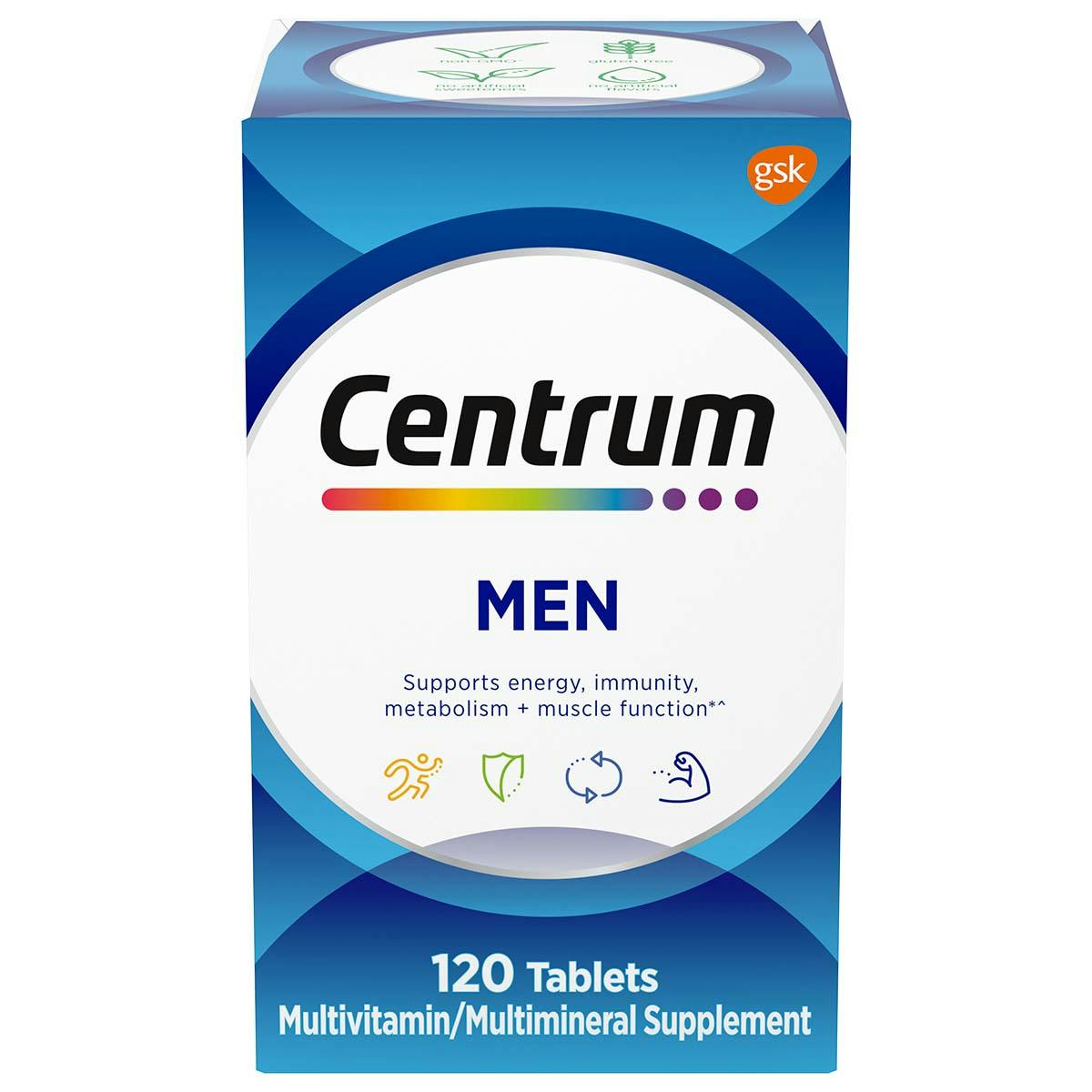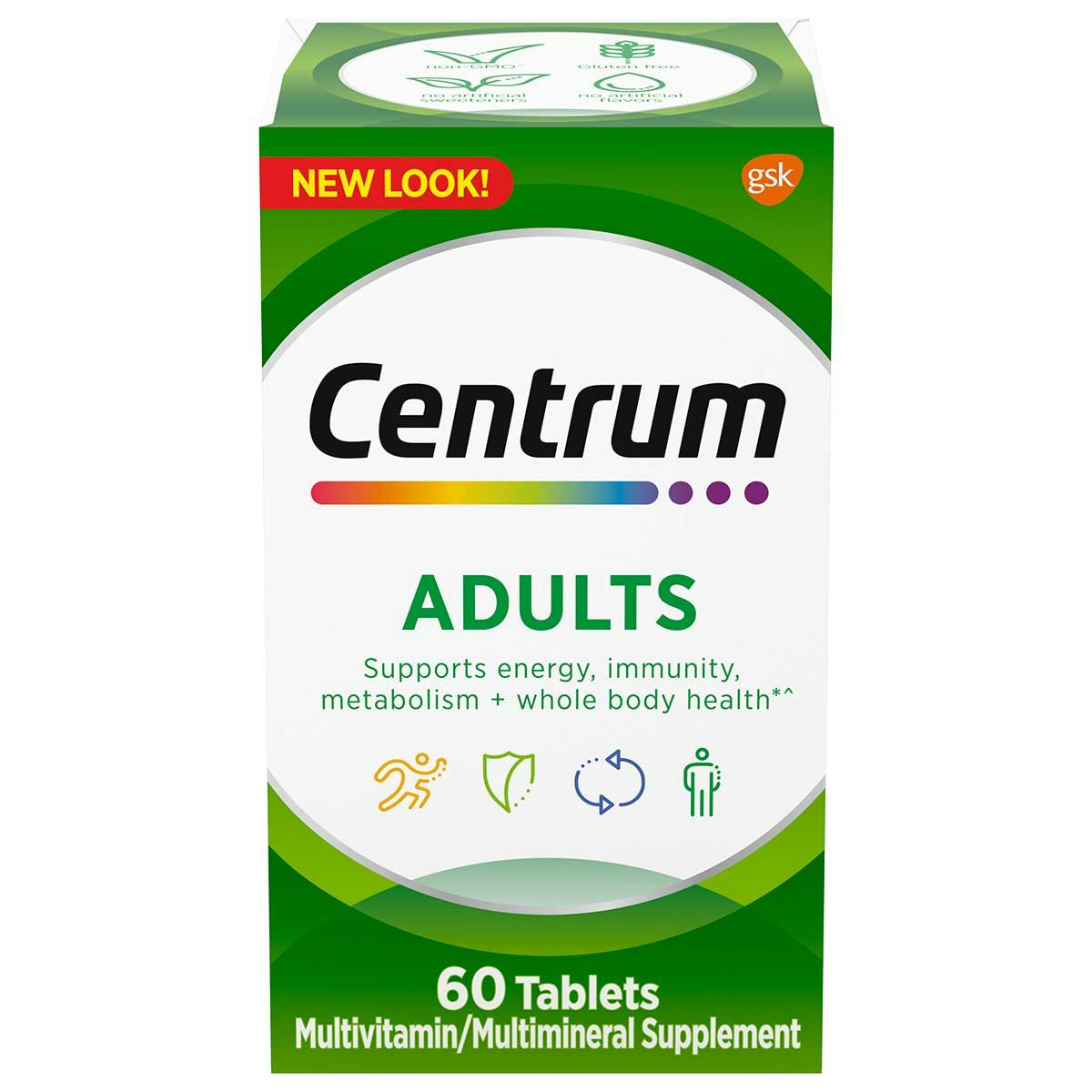Pantothenic Acid
A B vitamin that helps generate energy from carbohydrates, fats and protein.
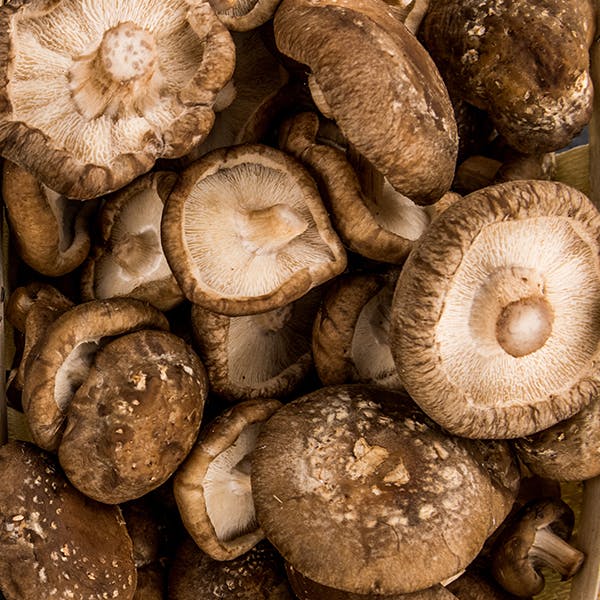
What is Pantothenic Acid?
You may wonder: Where do vitamins get their names? In the case of pantothenic acid, or vitamin B5, its moniker is derived from the Greek word pantos, which means “everywhere.” That’s an apt description for this busy nutrient, whose duties include assisting an enzyme (a protein that helps chemical reactions to take place) that drives numerous reactions, including generating energy your body can use from carbohydrates, fat, and protein.*
The friendly bacteria that live in your large intestine produce pantothenic acid, but experts are unsure whether our bodies can absorb enough pantothenic acid from the intestine to satisfy our daily needs. That’s why it’s important to consume pantothenic acid from foods and dietary supplements every day.*

Why is Pantothenic Acid Important?
Pantothenic acid is involved in the production of cholesterol and hormones, as well as in making essential fats. As if all that wasn’t enough, red blood cells need pantothenic acid to make heme, the part of the cell that ferries oxygen throughout the entire body. Proper cell reproduction and replication are also dependent on pantothenic acid.*
Adequate Intake
Sources of Pantothenic Acid

Shiitake Mushrooms
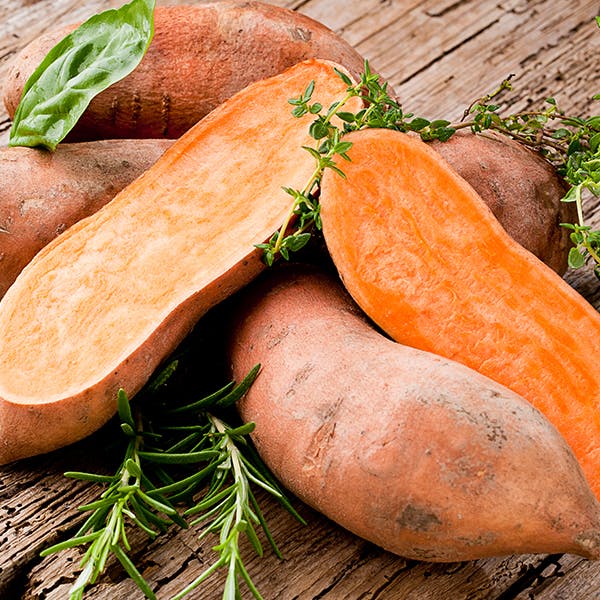
Sweet Potatoes
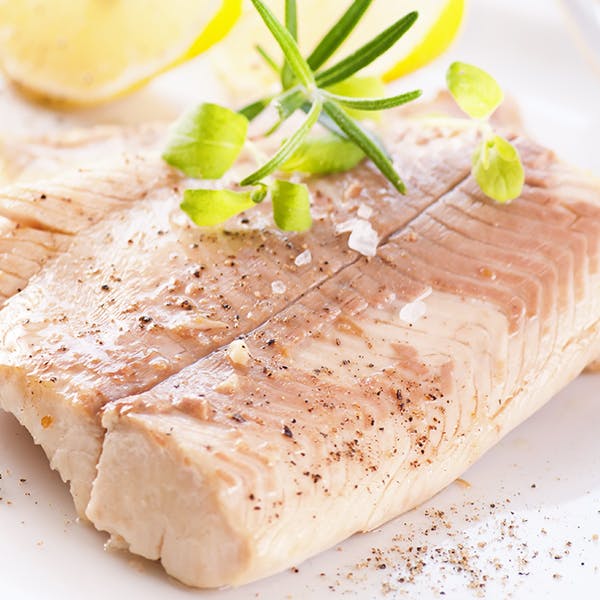
Trout
Centrum MultiGummies
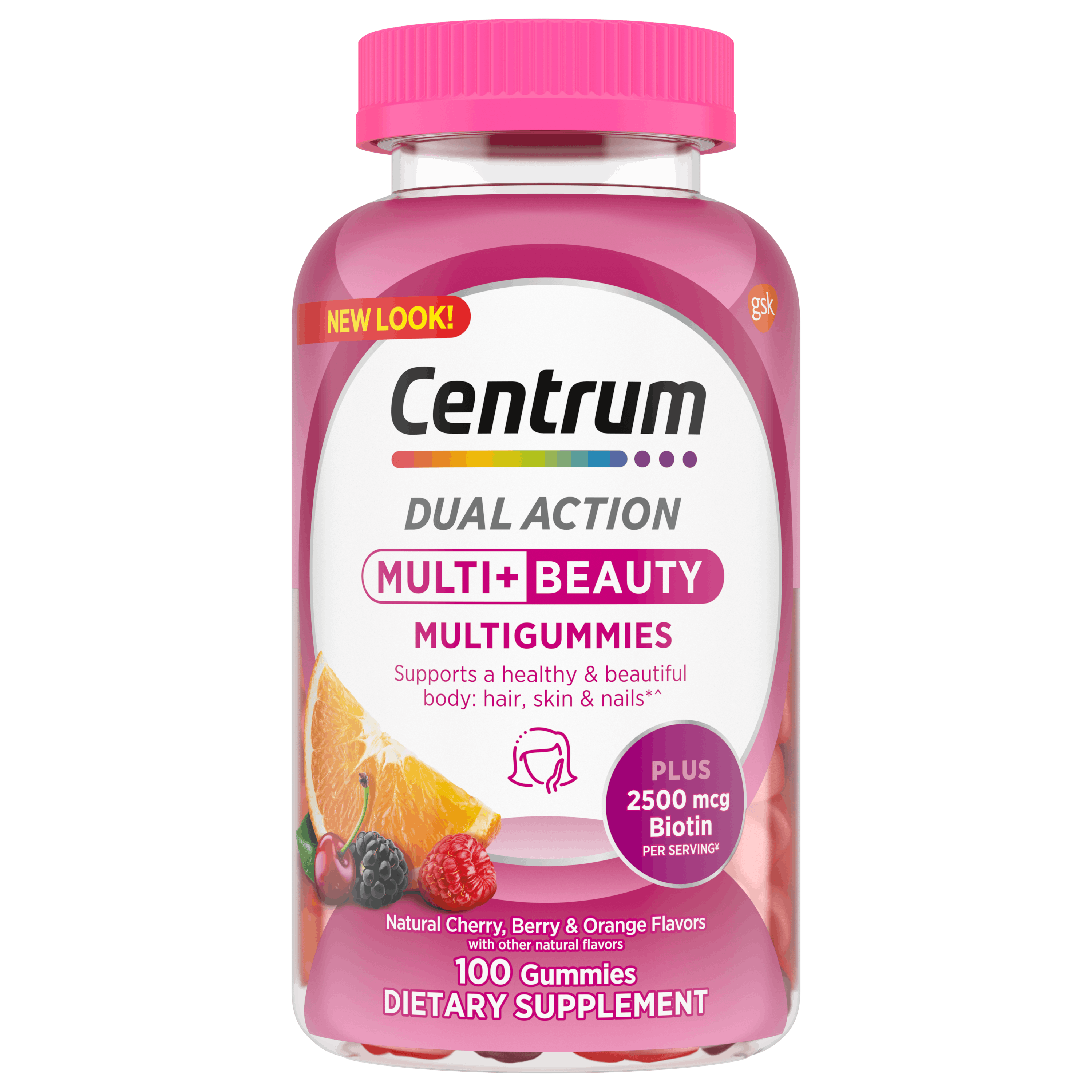
A multivitamin gummy with hair, skin, and nail benefits, and support for strong bones and daily energy.*
Pantothenic Acid Helps Support
Recommended Articles
Explore Additional Vitamins & Minerals
*This statement has not been evaluated by the Food and Drug Administration. This product is not intended to diagnose, treat, cure, or prevent any disease.





